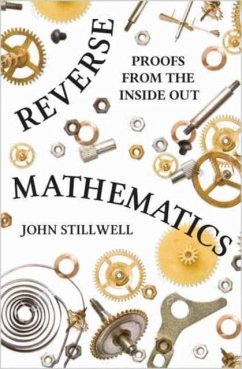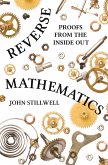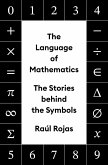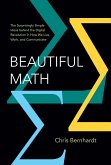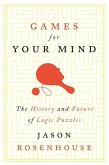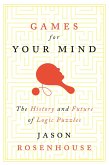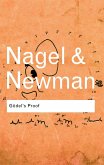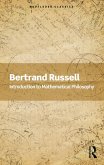This book presents reverse mathematics to a general mathematical audience for the first time. Reverse mathematics is a new field that answers some old questions. In the two thoUSnd years that mathematicians have been deriving theorems from axioms, it has often been asked: which axioms are needed to prove a given theorem? Only in the last two hundred years have some of these questions been answered, and only in the last forty years has a systematic approach been developed. In Reverse Mathematics, John Stillwell gives a representative view of this field, emphasizing basic analysis - finding the "right axioms" to prove fundamental theorems - and giving a novel approach to logic. Stillwell introduces reverse mathematics historically, describing the two developments that made reverse mathematics possible, both involving the idea of arithmetization. The first was the nineteenth-century project of arithmetizing analysis, which aimed to define all concepts of analysis in terms of naturalnumbers and sets of natural numbers. The second was the twentieth-century arithmetization of logic and computation. Thus arithmetic in some sense underlies analysis, logic, and computation
"Filling an important niche, this book gives readers a good picture of the basics of reverse mathematics while suggesting several directions for further reading and study. It provides a context for the questions investigated by reverse mathematics and makes an extended argument for their significance within contemporary mathematical practice."--Denis Hirschfeldt, University of Chicago

